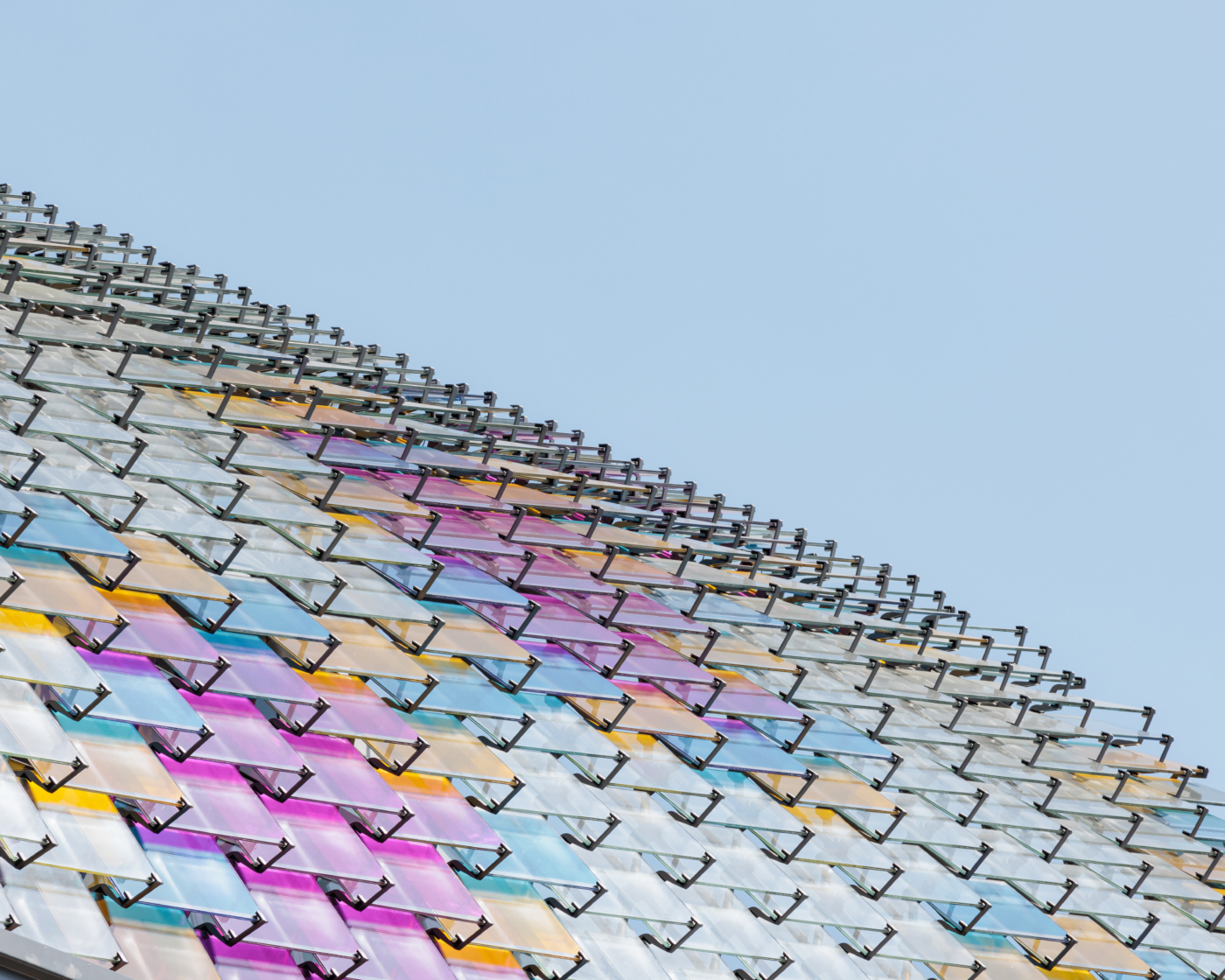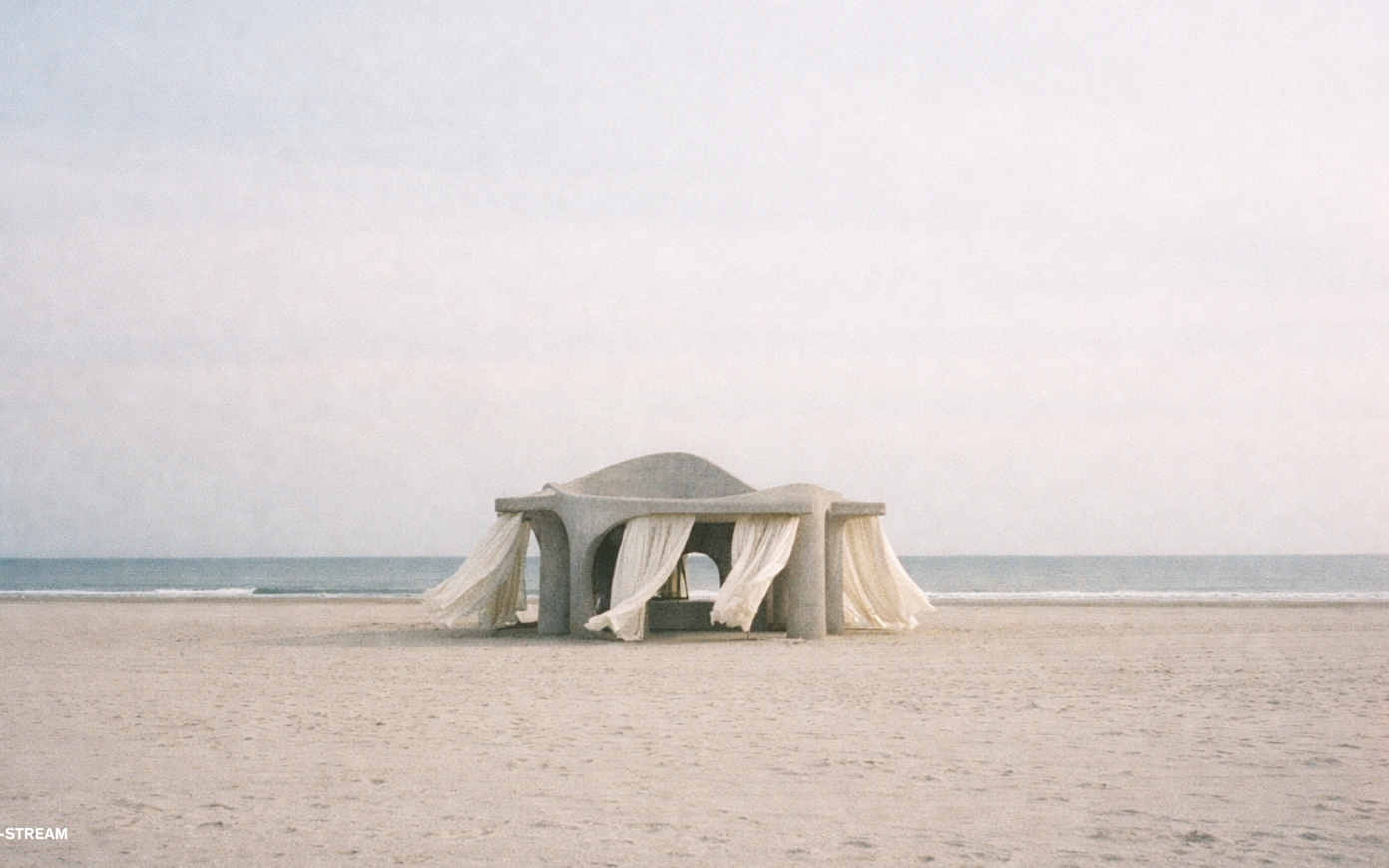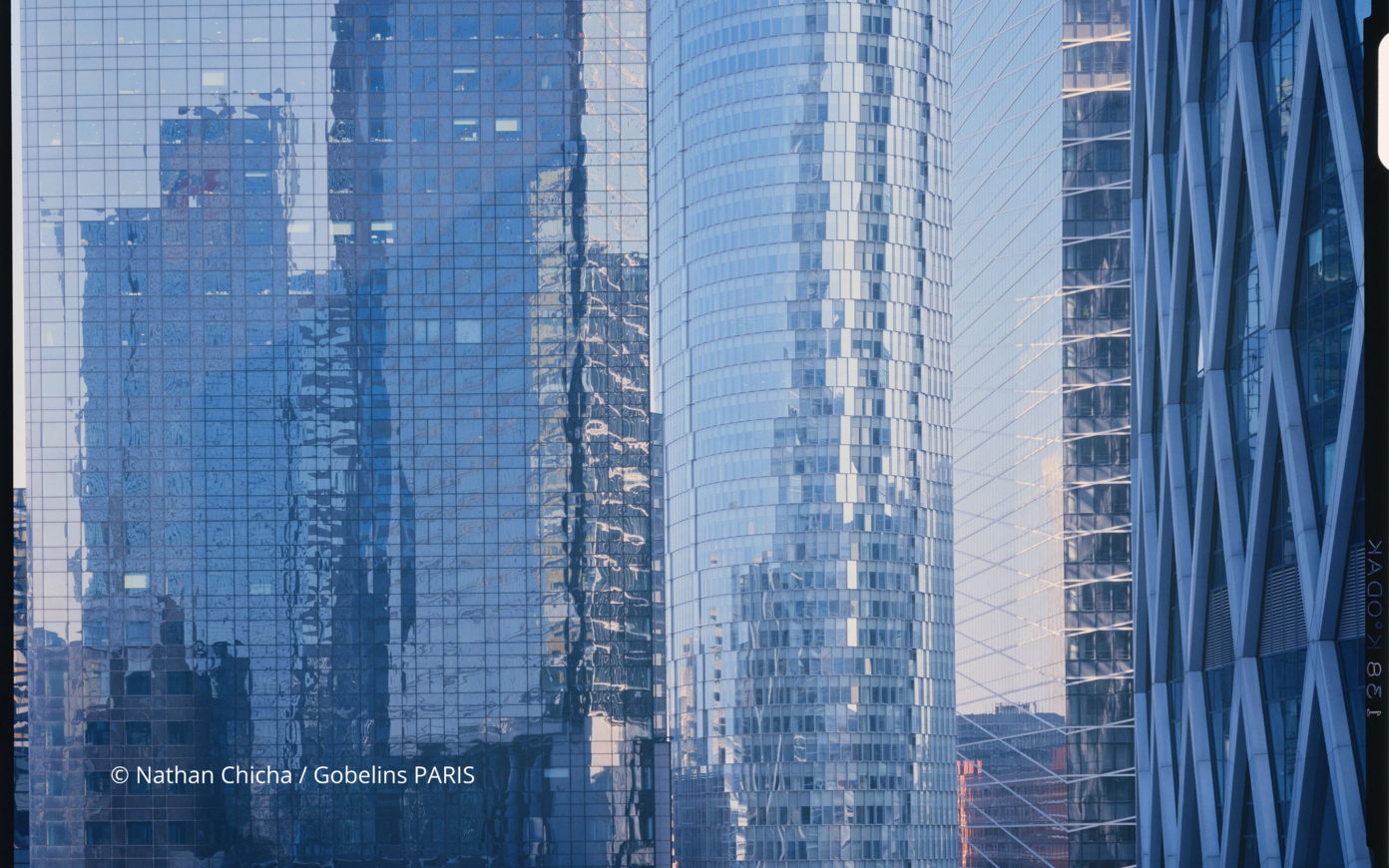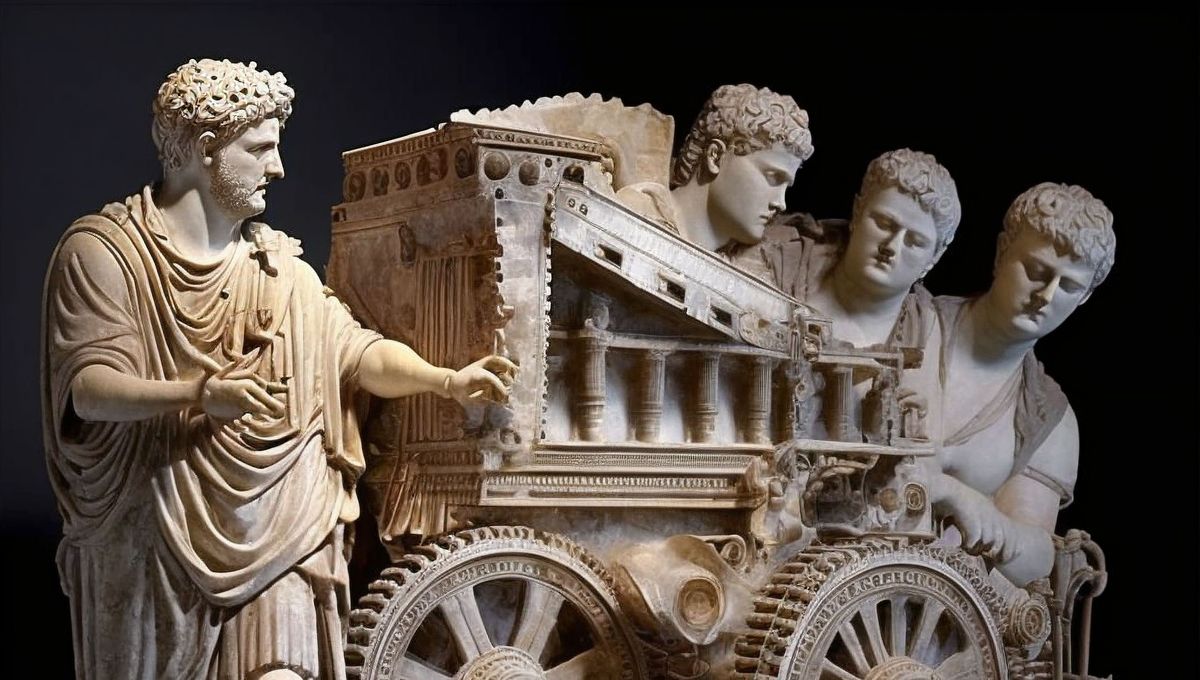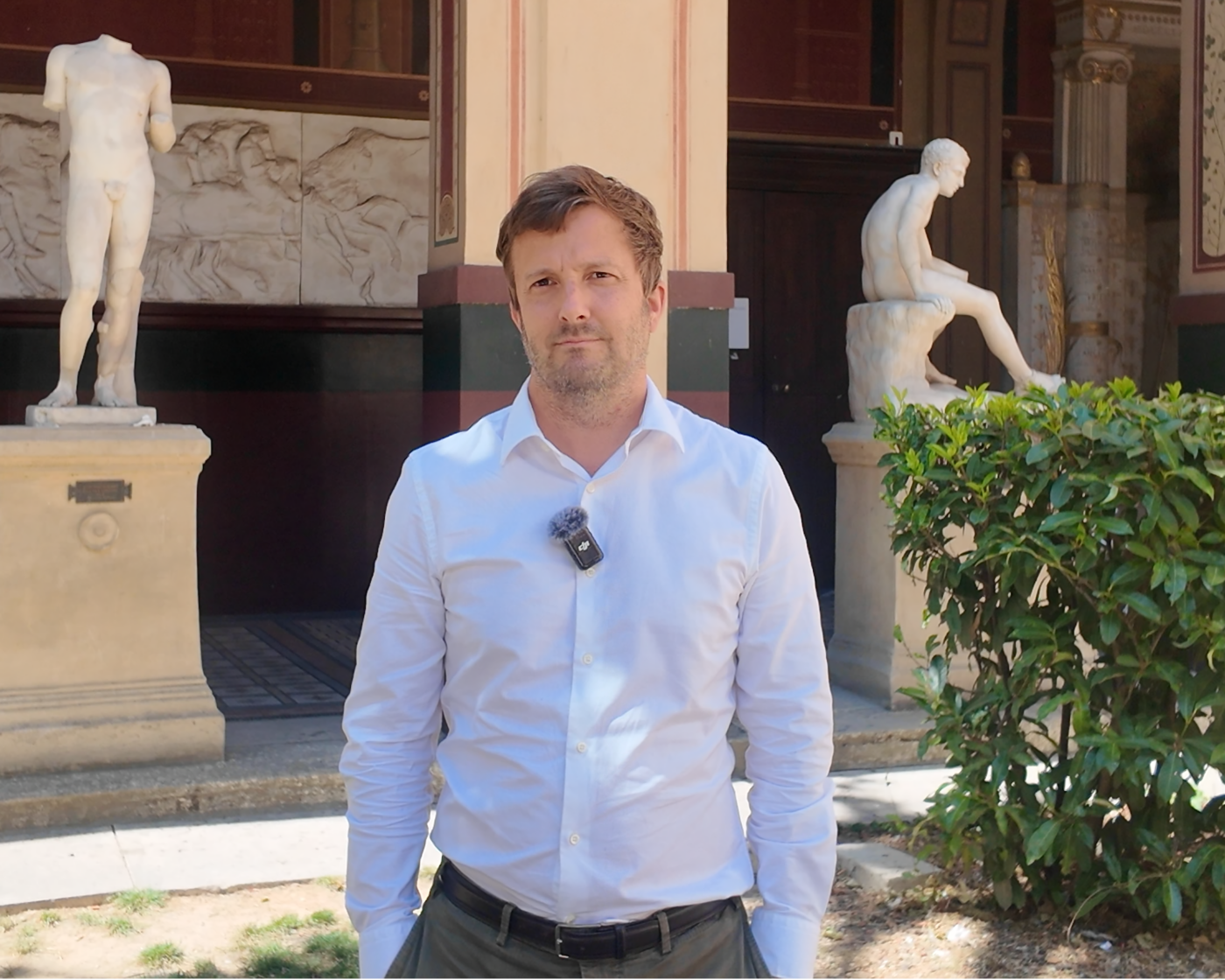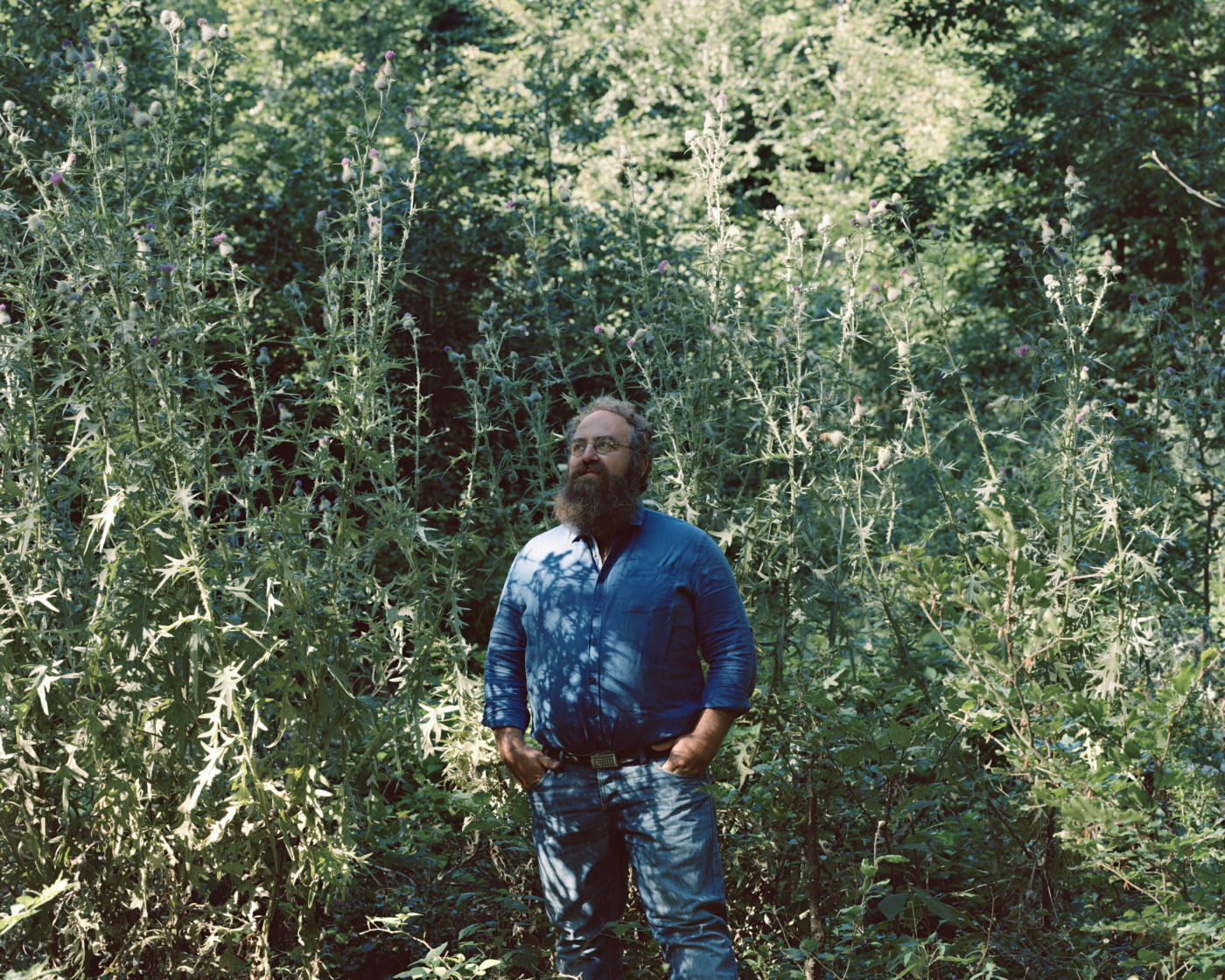Reusing turbine blades : the winds of change
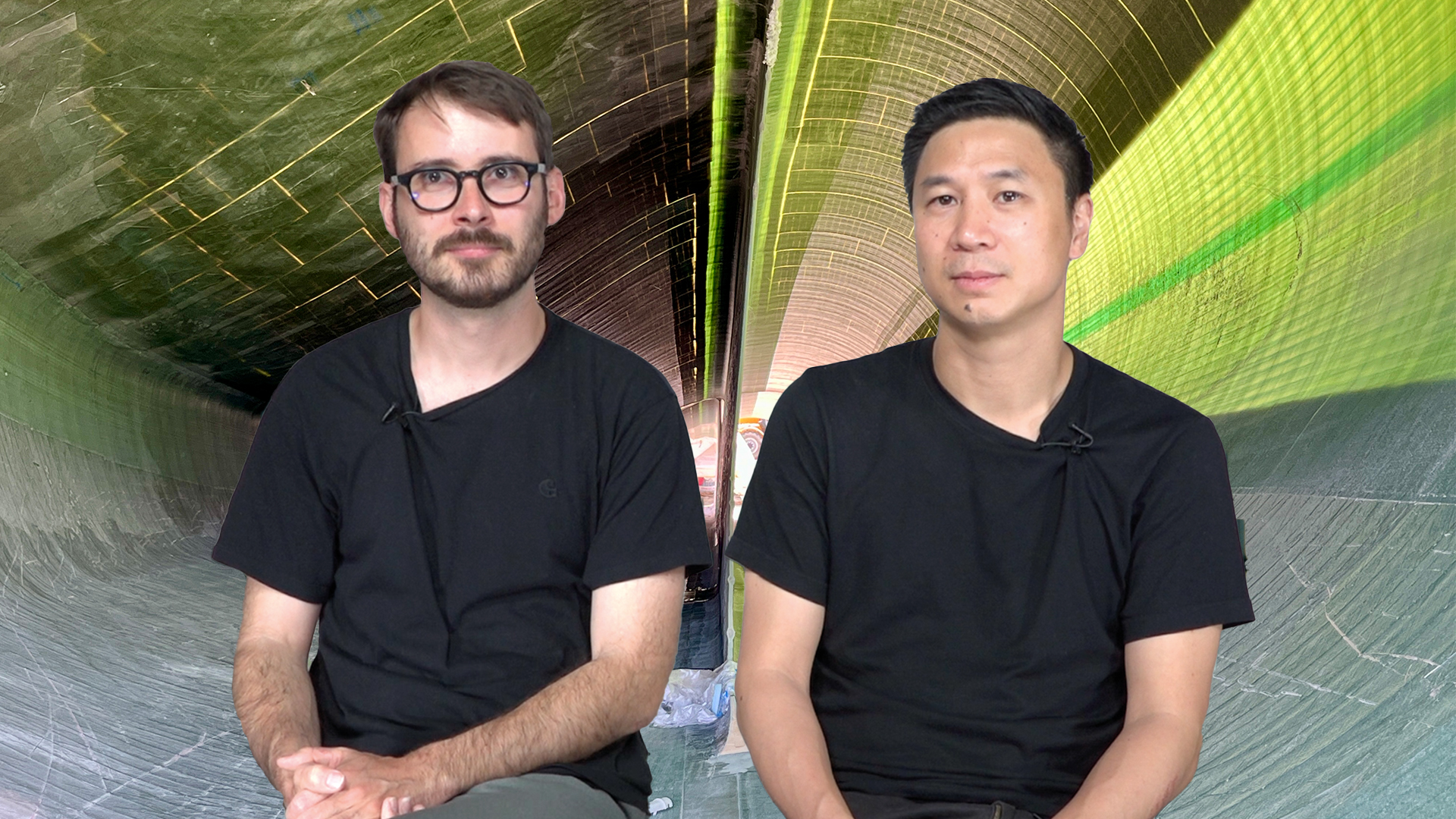
- Publish On 1 August 2024
- Minh Nguyễn, Yoann Malinge
- 5 minutes
The growth in energy consumption and the obsolescence of our infrastructures suggest that by 2030, we’ll have a stock of 60,000 tonnes of end-of-life wind turbines per year. To absorb this material on an industrial scale, we need to invent new ways of producing, consuming and building. With this in mind, the La Paletière project aims to reuse turbine blades – composite materials with multiple properties – by turning them into roofing elements.

